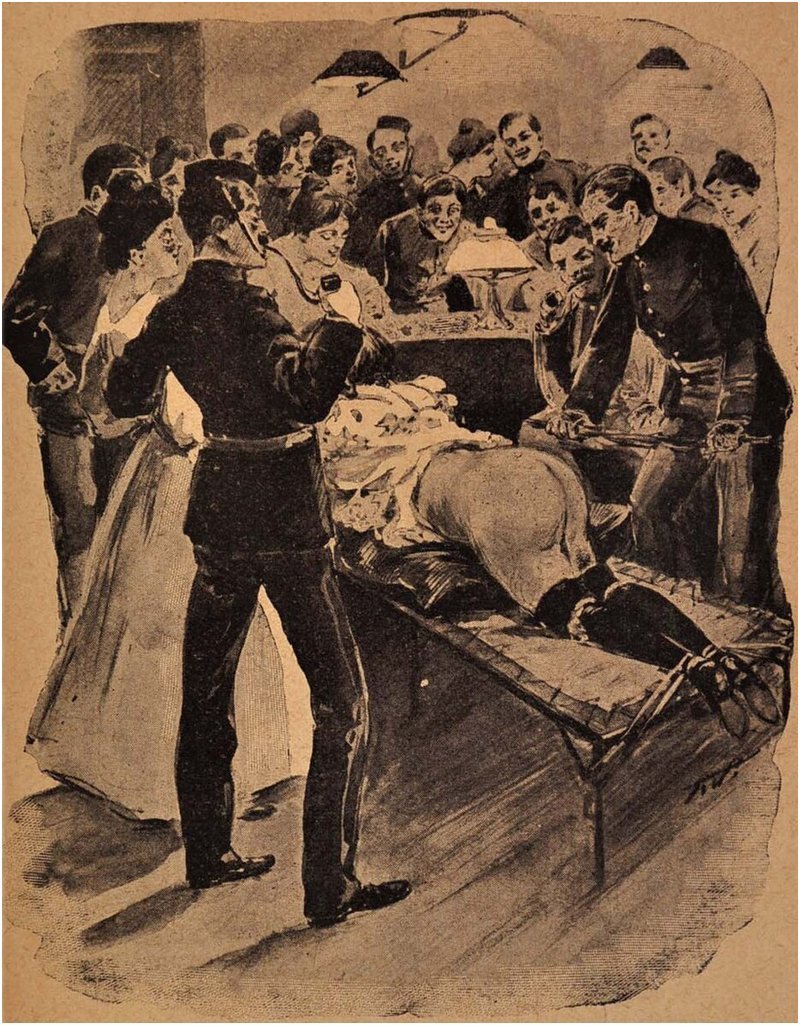While sex and chemotherapy may not be two thoughts you want to have at the same time, sexuality is a crucial aspect of health and, as such, you should never hesitate to ask your doctor how chemotherapy treatments are impacting your sex life.
Generally speaking, it is usually acceptable to have sex during cancer treatment, provided of course that interest, energy, and comfort level allow.
While talking to your doctor is a pleasant experience if your doctor is responsive and respectful, if you feel like a member of your treatment team isn’t listening to your needs or concerns (for example, because you identify as LGBTQIA+ or for any other reason), there are resources like this Find a Provider tool offered by healthcare professionals advancing LGBTQ equality.
But back to the point. The fact is, even if you are physically allowed to have sex, you may not feel like being sexy for a while, and the same goes for your partner(s). This can change your relationship with sex, which can be unsettling, but it’s important to understand that you have every right to feel the way you feel, and that everyone is different. What’s true for someone else with cancer may not be true for you.
Many factors can influence your decision about when and how to express your sexuality during chemotherapy. Here are some things to consider:
The way you feel
Some people with cancer who undergo chemotherapy experience body image issues, reduced sexual pleasure, inability to achieve orgasm, and/or dyspareunia, recurring pain during penetrative sex, sometimes due in part to vaginal dryness. Be sure to discuss your treatment options with a healthcare professional and be specific about how long the pain usually lasts. Additionally, chemotherapy can cause fatigue, nausea, and changes in your hormone levels, which can reduce your libido and affect your desire for intimacy. Be kind to yourself, take it easy, and don’t force anything. You’ll get there when you’re ready.

Sexual pleasure and intimacy come in many forms
When it comes to sex, it can be a good idea to think outside the box. Even on a good day, sex doesn’t have to include penetration, oral sex, or any other act. Consider kissing, touching, caressing, external stimulation with your hands. You might even consider exploring new sex toys to satisfy each other. And if sex in general isn’t your thing, explore other ways to show affection, like cuddling, tantric cuddling, or other shared activities.
Type of cancer
Not all cancers are the same, and they don’t all affect your sex life in the same way. For example, cancers of the genital tract, urinary tract, anus, or rectum may require extra care. After a procedure that affects these areas, your doctor may recommend that you abstain from sexual activity involving the pelvic area until you’re completely healed. And, needless to say, avoid sexual contact with open wounds, bleeding, or tears in the genital, rectal, or oral areas. If none of these apply to you, you may still experience altered sensations during sex. If a particular position is painful, try exploring new ones.
Type of chemotherapy
There are different types of chemotherapy, with different side effects, some milder than others. Your doctor will be able to tell you which type of chemotherapy you are receiving. If chemotherapy lowers your white blood cell count, your protection against the usual bacteria introduced during sex is reduced, increasing your risk of infection. Chemotherapy can also cause a low platelet count, which can lead to bleeding during sex. In both cases, your doctor may recommend that you avoid vaginal, anal, or oral sex until your white blood cell counts return to normal.
Partner Security
Chemotherapy drugs (including intravenous and oral chemotherapy) can be excreted in saliva and vaginal secretions for 48 to 72 hours after treatment. It is therefore recommended to use a condom for vaginal or anal intercourse and a dental dam for oral intercourse during this time, as well as to avoid open-mouth kissing, to prevent your partner from being exposed.

Avoid pregnancy
According to the National Cancer Institute, chemotherapy can cause changes to eggs and sperm that can lead to birth defects, especially during the first trimester. It is strongly recommended that you avoid becoming pregnant during treatment and for a period of time afterward. If you or your partner are at risk of becoming pregnant while receiving chemotherapy, it is important to choose a reliable method of birth control, even if your periods have stopped or your fertility has decreased. Because hormonal birth control methods are associated with an increased risk of cancer, you may want to consider non-hormonal options.
Tips for Better Sex During Chemo
Since everyone’s experience with cancer and chemotherapy is different, follow these tips or leave them out!
– Use a water-based vaginal lubricant during sex, applying it both inside your vagina and on your partner’s penis, fingers, or a sex toy, just before penetration.
– Use a vaginal moisturizer 2-3 times a week, whether you have sex or not. This can help your vaginal tissues regain their natural moisture.
– Some women may experience vaginal atrophy (inflammation, narrowing, and thinning of vaginal tissue) due to decreased estrogen. In such cases, vaginal estrogen (in the form of creams, tablets, or rings) may be effective. However, if you have a history of hormonally-related tumors, your doctor may advise against it.
– Always prioritize communication. Be honest with yourself about what feels good and what doesn’t. Be honest with your partner if you’re tired, uncomfortable, or in pain, whether physically or emotionally. Discuss any changes in your body image and sexual health with your healthcare team. Consider joining a support group of people who are going through similar experiences. Consider individual therapy. Consider couples therapy. Couples therapy can really help with communication and break down the barriers that are preventing you from being more intimate with each other.

Bottom line: Chemotherapy treatments can temporarily interrupt or change your sex life. With a few precautions, new ways to express intimacy, and guidance from your healthcare provider, you can pick up where you left off—as soon as you feel comfortable and ready.


 Anal Beads
Anal Beads Anal Vibrators
Anal Vibrators Butt Plugs
Butt Plugs Prostate Massagers
Prostate Massagers
 Alien Dildos
Alien Dildos Realistic Dildos
Realistic Dildos
 Kegel Exercisers & Balls
Kegel Exercisers & Balls Classic Vibrating Eggs
Classic Vibrating Eggs Remote Vibrating Eggs
Remote Vibrating Eggs Vibrating Bullets
Vibrating Bullets
 Bullet Vibrators
Bullet Vibrators Classic Vibrators
Classic Vibrators Clitoral Vibrators
Clitoral Vibrators G-Spot Vibrators
G-Spot Vibrators Massage Wand Vibrators
Massage Wand Vibrators Rabbit Vibrators
Rabbit Vibrators Remote Vibrators
Remote Vibrators
 Pocket Stroker & Pussy Masturbators
Pocket Stroker & Pussy Masturbators Vibrating Masturbators
Vibrating Masturbators
 Cock Rings
Cock Rings Penis Pumps
Penis Pumps
 Wearable Vibrators
Wearable Vibrators Blindfolds, Masks & Gags
Blindfolds, Masks & Gags Bondage Kits
Bondage Kits Bondage Wear & Fetish Clothing
Bondage Wear & Fetish Clothing Restraints & Handcuffs
Restraints & Handcuffs Sex Swings
Sex Swings Ticklers, Paddles & Whips
Ticklers, Paddles & Whips



















